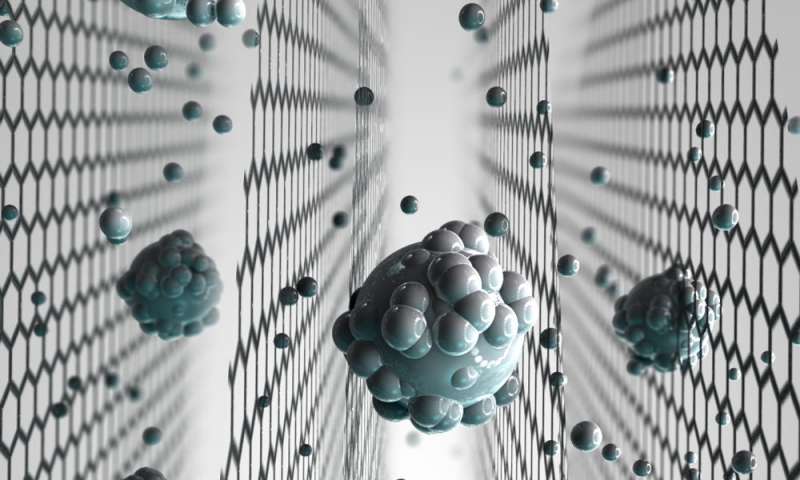A team of researchers, led by Rahul Nair, at the University of Manchester in the U.K. unveiled a graphene-oxide membrane that sieves salt out of seawater, producing a drinkable liquid.

Image courtesy of The University of Manchester.
The discovery was demonstrated in the lab and displayed how quickly and easily we have the ability to turn seawater into drinking water — a scarce resource for millions of people.
Previously, graphene-oxide membranes have shown potential for gas separation and water filtration. Membranes developed at the National Graphene Institute have proven to filter out nanoparticles, organic molecules, and large salts. Not until now could they be used to sieve common salts used in desalination technologies because they require smaller sieves.
Prior research done by the team demonstrated that, if submerged deep in water, graphene-oxide membranes become swollen, allowing smaller salts to flow through while blocking larger molecules. The group further advanced these membranes and discovered a method to avoid the swelling that occurs when they’re exposed to water. They found that the pore size can be controlled and sieve out common salts in seawater, producing safe drinking water.
After the common salts are dissolved in water, they form a “shell” of water molecules around the salt molecules, allowing the tiny vessels of the graphene-oxide membranes to block the salt flowing with the water. The water molecules can then pass through the membrane barrier and flow quickly, making it ideal for applications like desalination.
“Realization of scalable membranes with uniform pore size down to atomic scale is a significant step forward and will open new possibilities for improving the efficiency of desalination technology,” said Professor Rahul Nair.
By 2025, the UN predicts that 14% of the world’s population will suffer from water scarcity. This technology has the ability to revolutionize water filtration across the world, especially in countries that cannot afford large-scale desalination plants.
Via Phys.org
Advertisement
Learn more about Electronic Products Magazine





